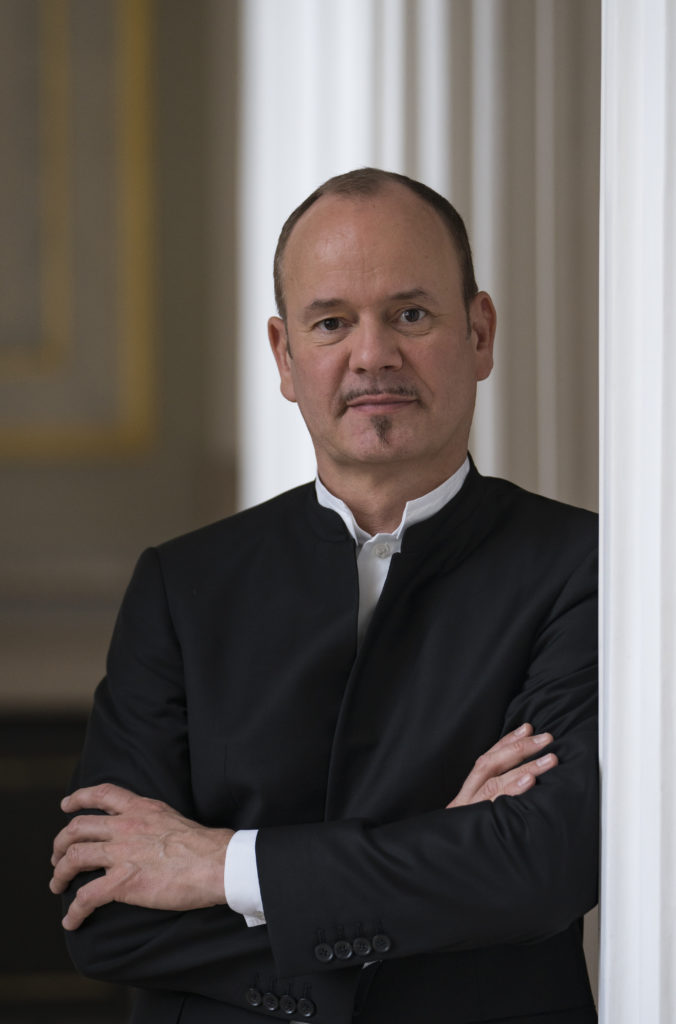The film music genre was born with the arrival of silent cinema. Since its humble beginnings with music provided courtesy of a solo accompanist, the genre has evolved considerably by changing the types of artists it featured, the technology it employed and the commercial capacities it acquired. It is now a huge industry with soundtracks becoming products in their own right for which people are willing to pay out of the context of film visuals. All this because it impacts them so powerfully. As Lidia Zielińska, a Poznań composer, put it in an interview for the Meakultura portal: "[movie soundtracks] are a sneaky beast that controls your emotions out of its hiding".
On the vast star-studded firmament of film music composition, Zimmer, Newman, Williams and Morricone seem to shine the brightest. All of them have received multiple Oscar nominations (and an impressive number of actual Oscar awards). The Film Academy Award is known to electrify every buff of the tenth muse. Poles are no exception. In Poland, every nomination or even a shadow of a chance for one is a cause for a celebration... if not an excuse to launch a disproportionate PR campaign.
However, a closer look at the history of film music reveals true gems, some of which are of Polish origin. One name that invariably comes up is that of Bronisław Kaper, Poland's first Oscar winner (1954). The artist before him who came the closest to savouring this prestigious award was Leopold Stokowski, a British conductor of Polish descent who nearly bagged the statuette in 1941.
Let us dust off the 1954 Oscar and return to the unique story of Bronisław Kaper. Born in 1902, he picked up film music relatively early in his career. Having studied piano and composition at the Warsaw Conservatory, Kaper moved to Berlin. Hitler's rise to power forced him to seek a more peaceful environment elsewhere. His first move was to Paris, where his talent was noticed and appreciated by Louis B. Mayer, the head of Metro-Goldwyn-Mayer. Thus began Kaper's 28-year cooperation with the big label. The Polish composer remained in Hollywood until his passing in 1983, writing music for over a hundred motion pictures. He won an Oscar for the soundtrack for the musical Lili directed by Charles Walters. His Green Dolphin Street soundtrack, with the title song recorded by Miles Davis, and for Invitation and Mutiny on the Bounty, also made history.
The composer's musical language draws on late Romanticism with a dab of jazz and pop, both of which were all the rage in the Golden Age of Hollywood. Kaper is mentioned in the same breath with such greats as Max Steiner and Miklós Rózsa. One can safely consider him Poland's greatest film music composer in exile.
Kaper's works will feature in the Hits of the Silver Screen concert performed by the Poznań Philharmonic Orchestra. The conductor's stand will be taken by Frank Strobel, who is as keen on film music as he is on the classical and contemporary varieties.
Aleksandra Kujawiak
translation: Krzysztof Kotkowski
- Concert Przeboje srebrnego ekranu (Hits of the Silver Screen)
- February 4, 7pm
- Adam Mickiewicz University Auditorium
- tickets: PLN 25-55
© Wydawnictwo Miejskie Posnania 2022


